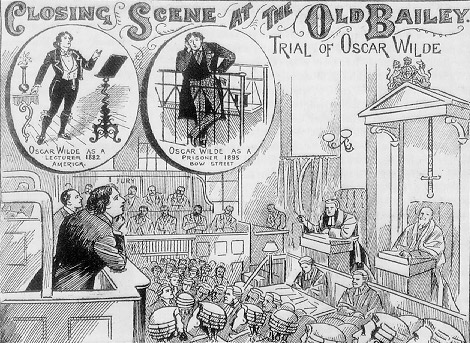Tues., March 21, 2017, 12:30 - 1:45, Solarium, 84 Queens Park (Falconer House): Christopher Warren, Dept of English, Carnegie Mellon University, speaking on early modern literature and the history of international law Thurs., Sept 15, 2016, 12:30 - 1:45, Solarium, 84 Queens Park (Falconer House): Mark Rose, Dept of English, UC Santa Barbara, "Authors in Court: Stowe v. Thomas (1853)" Legal Texts and the New Philology The Fiftieth Conference on Editorial Problems, Friday 20 March - Saturday 21 March 2015 Faculty of Law, University of Toronto The conference will focus and intensify the debate over the changing nature of editorial approaches to legal texts in order to guide the fields of legal history, legal theory, and legal text editing into today's digital environments. If the basis of our legal system depends on communications of authority, and if, as the work of literary critics suggests, the mode of transmission of this authority is unstable, then the work of the new philologists has great significance for legal theorists and practitioners alike. By showing that law is a product of its own materiality -- and is therefore authored by web designers and database engineers and well as by legislators, judges and clerks -- we hope to highlight an overlooked aspect of the legal "textual condition." For more information, please see the CEP site. The Law & Humanities Workshop
and
University of Toronto Out in Law present Professor Joseph Bristow (English, UCLA)
The Blackmailer and the Sodomite: Oscar Wilde on Trial
Wednesday, March 26, 2014
12:30 – 2:00
Room FA3, Falconer House At a telling moment during the prosecution of Oscar Wilde for committing acts of "gross indecency" with other men, the members of the jury wished to know whether they could accept evidence from sex workers and extortionists who had been convicted of homosexual blackmail. In response, the Solicitor-General, Sir Frank Lockwood, informed them: "The genesis of the blackmailer is the man who had committed these acts of indecency with him. And the genesis of the man who commits these foul acts is the man who is willing to pay for their commission. Were it not that there are men willing to purchase vice in this most hideous and detestable form there would be no market for such crime, and no opening for these blackmailers to ply their calling." This paper explores the relations between "acts of indecency" and the career of "the blackmailer" during the three trials that resulted in the sentencing of Wilde to two years in solitary confinement with hard labor.
A light lunch will be served. Contact: simon.stern@utoronto.ca 
|
See previous years’ events. Past workshop participants have included: Stanley Fish, Florida International University – "The Intentional Thesis Once More"
Mark Rose, University of California, Santa Barbara – "The Public Sphere and the Emergence of Copyright"
Mary Nyquist, University of Toronto – "Hobbes on Slavery, Gender, and Despotical Rule"
Bradin Cormack, University of Chicago – "A Power To Do Justice"
Bruce Hay, Harvard Law School – "Earl Warren's Theater of the Absurd"
Judith Resnik, Yale Law School – "Representing Justice: An Iconography of Norms"
Lorna Hutson, University of St. Andrews – "Law and Likelihood in Shakespeare"
Gregg Crane, University of Michigan – "Confronting Moral Dilemmas in a Skeptical Moment: Literary Realism, Legal Realism, and Pragmatism"
Bernadette Meyler, Cornell Law School – "Imagining Revolution in The Laws of Candy" |

